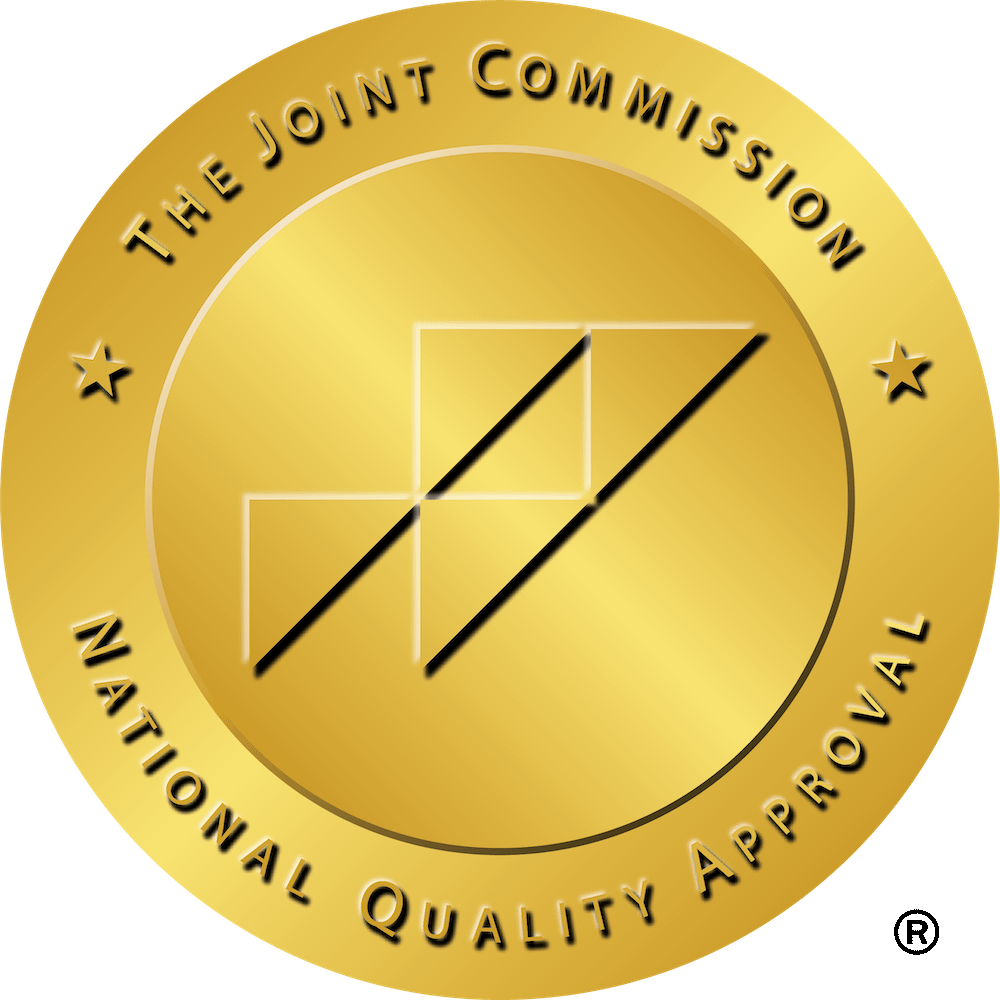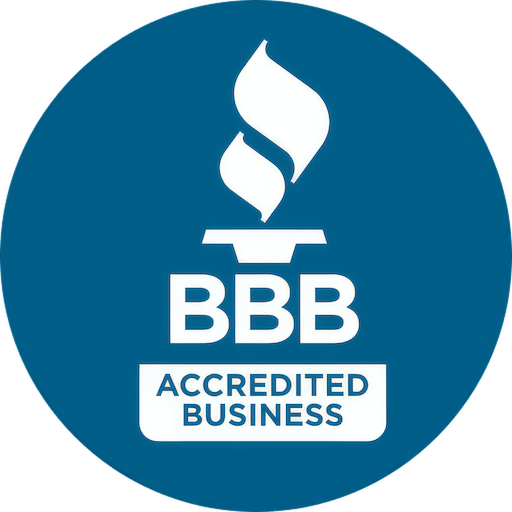Online teen counseling for adolescents 12-17
Teen Therapy for Residents in Tempe
We Accept Insurance
Your child gains coping skills and a solid support network
Teens connect with peers facing similar life challenges
They lose the stigma associated with mental illness





Why choose our teen therapy?
With the rise in teen anxiety and depression in the U.S., more parents are seeking effective interventions. Our center for residents in Tempe is equipped with modern amenities, creating a welcoming and comfortable environment conducive to healing and growth.
Safe
- A non-judgmental space where teens can freely express their thoughts and feelings.
Convenient
- Flexible scheduling allows teens to manage schoolwork alongside therapy sessions.
Accessible
- Centrally located in Apache Junction and Fountains Hills for easy access by families in Arizona.
Benefits of teen counseling
Our teen therapy in Tempe brings a multitude of benefits to both adolescents and their families:
- 🌱 Enhanced mental health management: Teens gain skills to better manage stress, anxiety, and depression.
- 🗣️ Improved communication abilities: Adolescents develop stronger communication skills, enhancing their social interactions.
- 🛠️ Enhanced coping strategies: Teens learn effective methods for addressing emotional challenges.
- 🌟 Boosted self-esteem: Adolescents develop a stronger sense of self-worth and confidence.
- 🤝 Better conflict resolution skills: They acquire tools for managing and resolving conflicts, particularly within family and peer contexts.
We accept insurance
We partner with most major insurance providers to help minimize the cost of treatment. Let’s check to see if your plan covers teens therapy services.

We’re in-network with BlueCross BlueShield
Conditions our Therapy for Teens can help with
In Tempe, therapy for teens at our residential center are designed to help teens navigate a variety of mental health issues and emotional challenges, including:
- Depression and low mood
- Anxiety and panic disorders
- Eating disorders
- Relationship problems
- Addictions and substance abuse
- Psychiatric disorders
- Bullying and peer pressure
- ADHD and attentional problems
- Grief and loss
- Gender identity and sexuality
Program features
Our Teen Therapy is tailored to be private, convenient, and cost-effective, featuring:

Dedicated recovery coaches
Our recovery coaches offer a round-the-clock support, available via phone or messaging.
Holistic treatment
Our holistic treatment covers physical, emotional, and social elements, ensuring long-term benefits.

Masters level therapists
Skilled therapists conduct weekly support sessions, offering expert guidance and support.

Medication management
Medications are closely monitored and precisely adjusted to maximize their effectiveness.
Peer support
In group therapy, teens find a nurturing environment to support and connect with peers facing similar challenges.
Structured routines
Regular therapy sessions create a consistent routine, which is helpful for teens navigating emotional difficulties.
We personalize therapies based on personalities, challenges & goals
- Individual therapy sessions
- Case management
- Experiential Therapies
- Dialectical Behavioral Therapy (DBT)
- Cognitive Behavioral Therapy (CBT)
- Art Therapy
- Music Therapy
- Community based activities
- Family Therapy
- Trauma Informed Care
- LGBTQ allyship
Does your child need counseling?
Here are some warning signs that could indicate that they could benefit from teen counseling in Tempe:
- 🎢 Sudden mood fluctuations: Quick and severe changes in mood and emotions.
- 🌧️ Persistent sadness and harmful behaviors: Continuous feelings of sadness, self-harm tendencies, or suicidal thoughts.
- ⏰ Changes in sleep and appetite: Notable differences in sleeping and eating patterns.
- 🚫 Loss of interest: Decreased enthusiasm for previously enjoyable activities.
- 🚪 Withdrawal from social life: Avoiding social interactions and activities.
- 🍷 Increased substance consumption: Frequent use of drugs or alcohol.
- 🛑 Risky behaviors: Participation in unsafe sexual activities or aggressive behaviors.
How to get started?
Whether your child is beginning or continuing their recovery, getting into the Avery’s House Teen Program is a simple 3-step process that begins with one phone call or message.
1- The initial phone call
Tell us your teen’s story, explore treatment options, and discuss payment.
2- Pre screening
Confirm treatment, insurance coverage, and details about what to expect.
3- Start Therapy
Arrive at Avery’s House, meet our team, tour the facility, and get settled in.